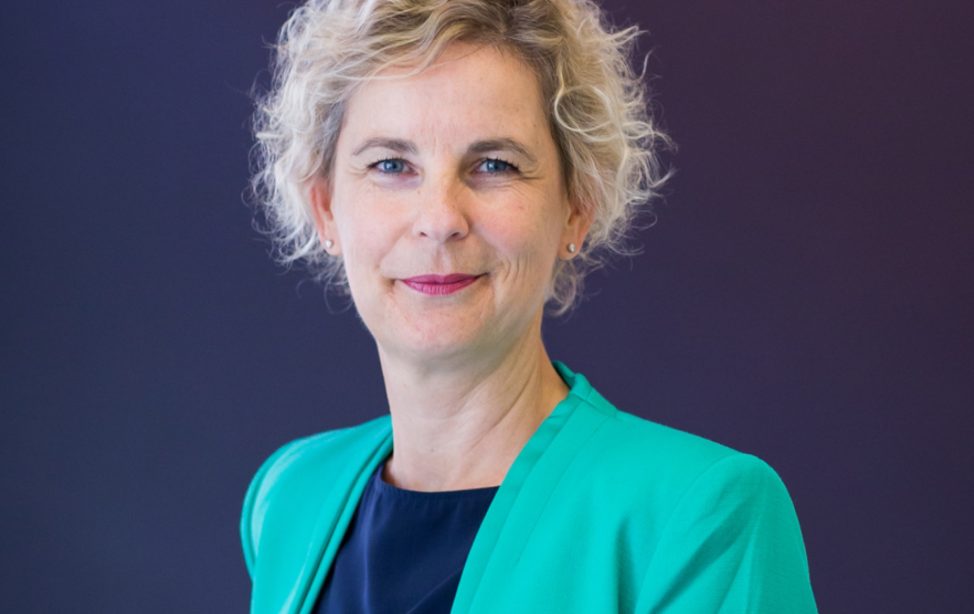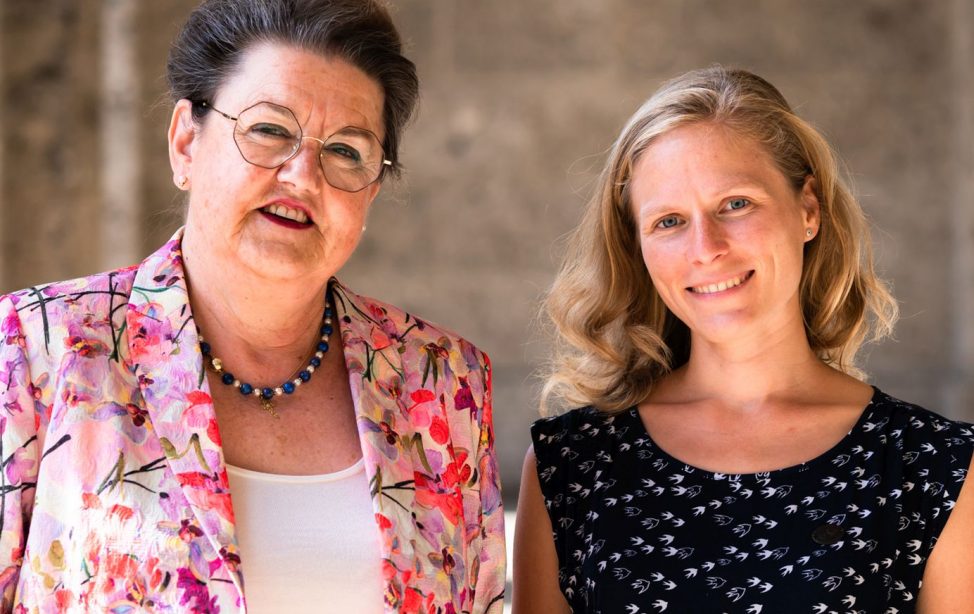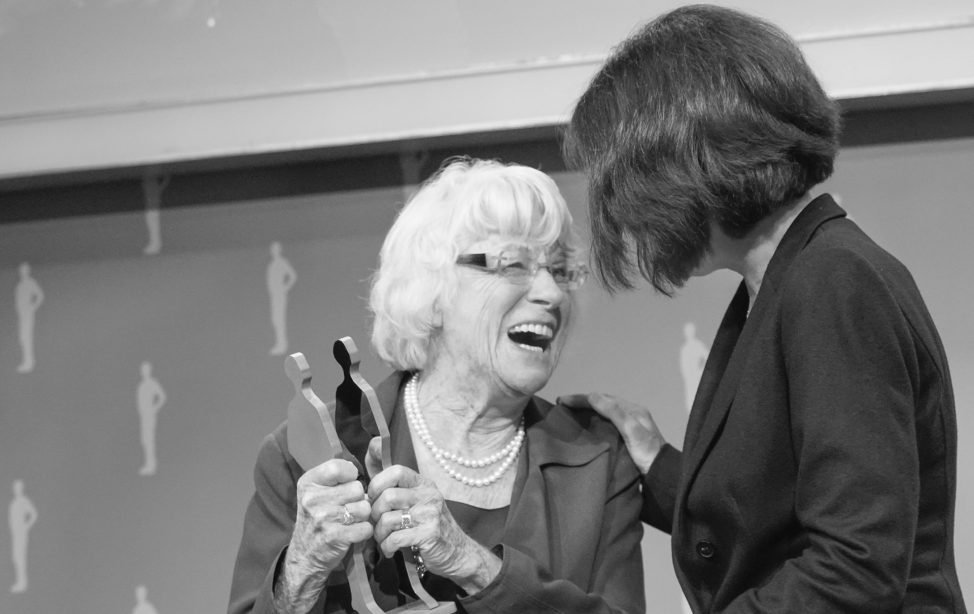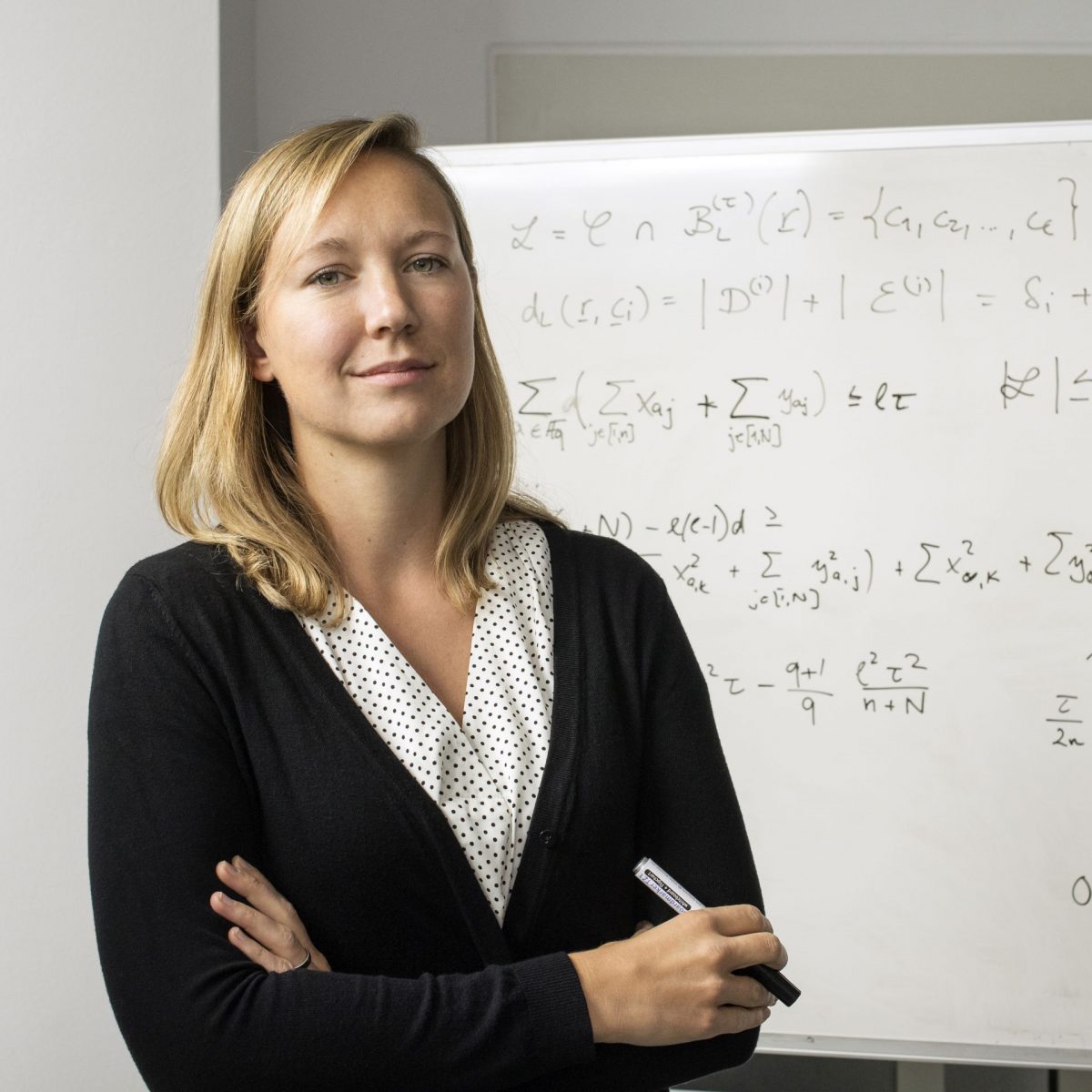
Through her achievements in the development of highly efficient coding algorithms, TUM Professor Dr. Antonia Wachter-Zeh has helped to shape the rapidly advancing information technology on an international level (Photo: Astrid Eckert/TUM).
Coding Expert Antonia Wachter-Zeh
“I Want to Shape the Future of Coding and Cryptography”
CUTTING-EDGE RESEARCH
Antonia Wachter-Zeh quickly made a name for herself in Theoretical Communications Engineering. Her doctoral thesis on highly efficient coding algorithms was awarded twice and was well received by the international research community. Her Rank-Metric Codes for modern data transmission in networks make it possible to increase the efficiency of transmission while at the same time increasing the reliability of the data.
As a postdoc Antonia Wachter-Zeh wanted to go abroad at all costs. What others would have been more than happy to accept – a position at the renowned Massachusetts Institute of Technology in the USA – she politely declined. It was more tempting for her to go to the Technion – Israel Institute of Technology in Haifa for further research. The Computer Science Department there was home to more world-renowned experts in her than anywhere else in the world. Antonia Wachter-Zeh did not want to miss out on this unique opportunity, and the Israeli scientists were also extremely interested in this promising young talent’s highly efficient coding algorithms.
TOP RANK
Antonia Wachter-Zeh quickly made a name for herself in the scientific landscape, always worked purposefully only with the best of her field and was always welcomed with open arms wherever she went – which is not necessarily self-evident as a woman in a rather male-dominated discipline. For her future career, she was looking for a university that was in no way inferior to what she had already achieved. In 2016 she discovered the announcement of a Rudolf Mößbauer assistant professorship within the framework of the TUM Faculty Tenure Track Programme. “It’s an incredibly good position at an incredibly good university with equally good professors”, she says. “Of course I immediately applied.” And of course she was instantly appointed – shortly after she also received Emmy Noether Grant from the German Research Foundation (DFG).
It´s an incredibly good position at an incredibly good university.
From her long-standing research focus on error-correcting codes, here at TUM her interest has shifted more and more towards the areas of code-based cryptography and security. “This really is a very exciting and highly topical area”, she says with eyes gleaming. “I want to shape the future of coding and cryptography.” At the next Women of TUM Talks on the 8th of October 2019, Antonia Wachter-Zeh will talk about her ambitious goals: together with her working group, she plans to come up with novel encryption principles in the near future that will, despite attacks by quantum computers, make secure data transmission and storage possible. Most certainly the brilliant scientist will also succeed in this endeavour.
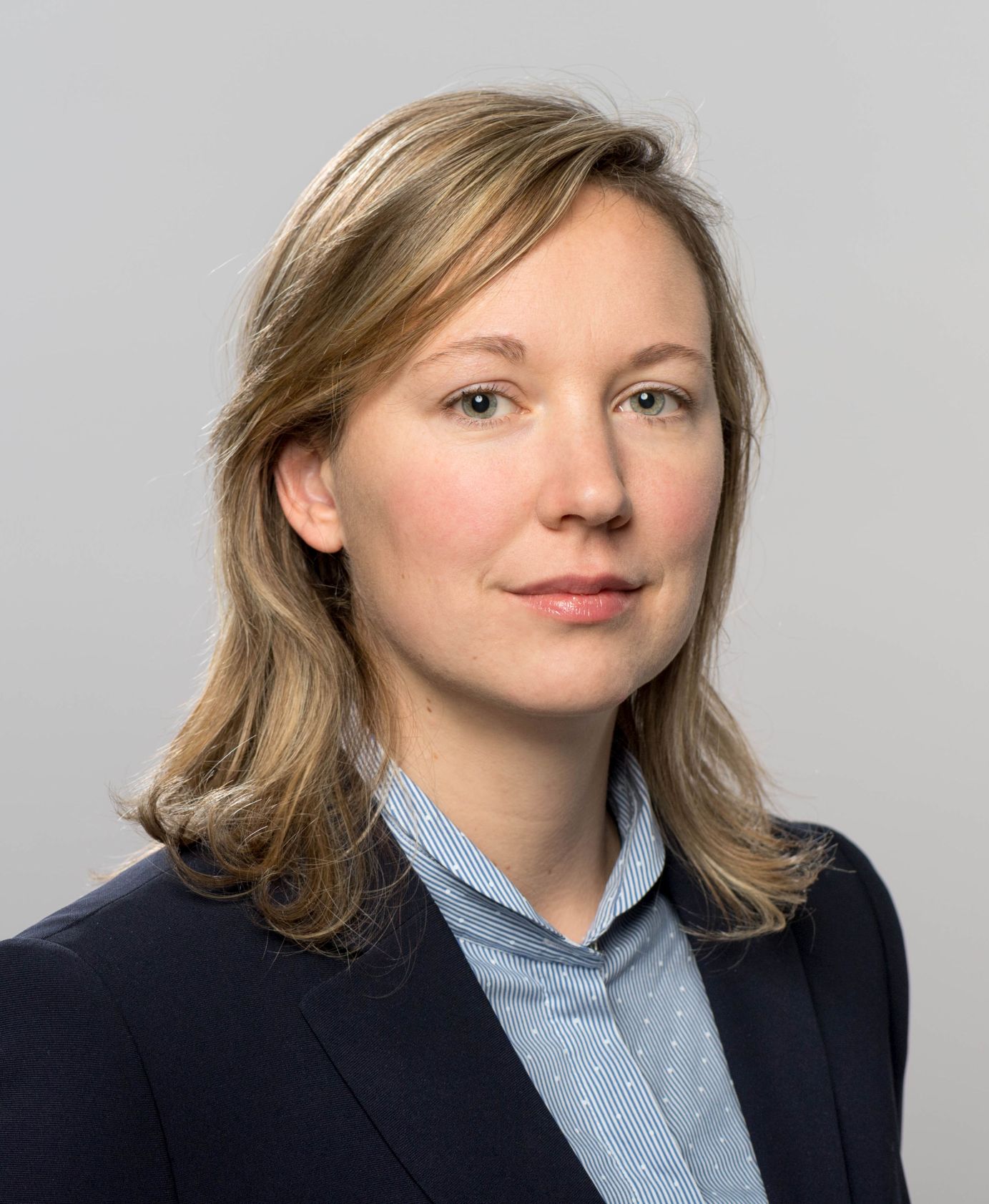
Prof. Dr. Antonia Wachter-Zeh (Photo: Astrid Eckert/TUM).
Prof. Dr. Antonia Wachter-Zeh
TUM Professor for Coding for Communications and Data Storage
Antonia Wachter-Zeh has studied Communications Engineering at the Duale Hochschule Baden-Württemberg where she completed her Bachelor of Engineering in 2007. To do her master’s, she went to Ulm University. From 2009 to 2013, she earned the Dr. Ing. in Communications Engineering in Ulm and the title Docteur mention Mathématiques et Applications in Rennes. Up until 2016, she worked as a postdoctoral researcher at the Technion – Israel Institute of Technology. Since then she has been Assistant Professor of Coding for Communication and Data Storage at TUM and a Fellow of the TUM Institute for Advanced Study.
Antonia Wachter-Zeh’s list of publications includes 26 original works in her field’s leading journals, plus one book chapter and 46 articles in proceedings. She has received several awards for her groundbreaking work, including the Minerva Postdoctoral Fellowship, the Marie-Skłodowska-Curie Individual Fellowship, the Emmy Noether Grant, and the Starting Grant of the European Research Council. In 2018, she received the Heinz Maier Leibnitz Award, the most important German prize for young researchers. In her rare spare time, Antonia Wachter-Zeh likes to go hiking and skiing with her husband and their two young children.
At the next Women of TUM Talks on the 8th of October 2019 in Munich, the determined scientist will provide insights into her research on new algorithms.
